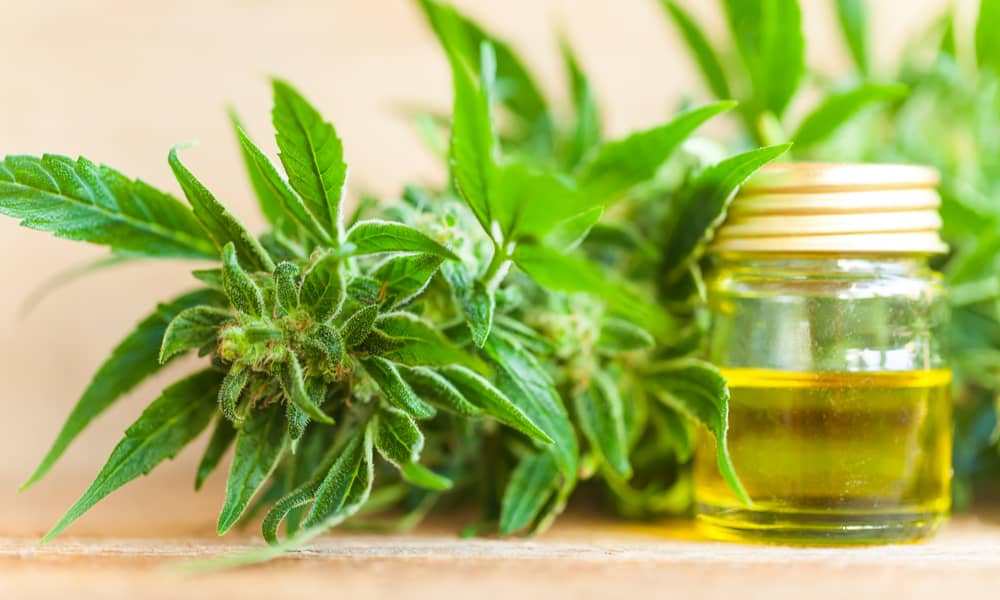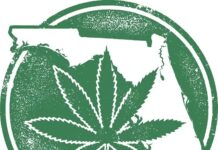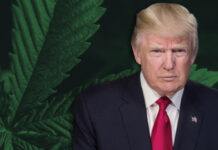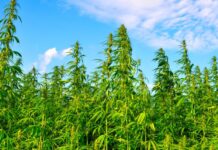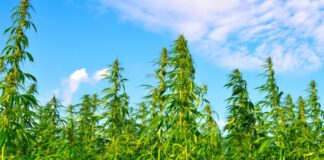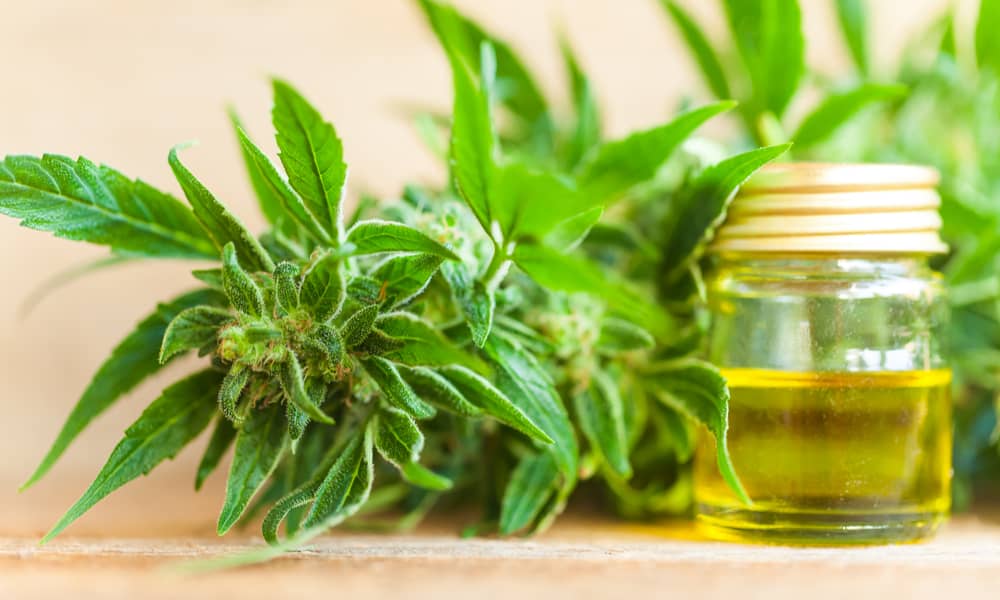
The U.S. Food and Drug Administration held a public hearing on Friday as the agency continues its work to regulate CBD following the legalization of hemp in the 2018 Farm Bill in December. Although the legislation removed hemp and derivatives containing less than 0.3 percent THC, the 2018 Farm Bill also granted the FDA the authority to regulate cannabis compounds including CBD. The agency then announced that CBD could not be used as a dietary supplement or ingredient in foods until regulations have been drafted. Friday’s hearing was the first opportunity for members of the public to provide input to the agency on the subject.
In a Federal Register notice requesting comments from the public at the hearing, the FDA noted that more research is needed on CBD.
“Questions remain regarding the safety considerations raised by the widespread use of these products,” the notice reads. “These questions could impact the approaches we consider taking in regulating the development and marketing of products.”
Potential Risks of CBD
The FDA has approved one prescription CBD medication, Epidiolex, for the treatment of severe epilepsy. In clinical trials for the drug, high doses of CBD were generally well tolerated by patients but some did experience side effects including lethargy and gastrointestinal distress. The FDA is also concerned about potential liver problems from high doses of CBD.
“This is a potentially serious risk that can be managed when the product is taken under medical supervision in accordance with the FDA approved labeling for the product,” FDA officials wrote in the Federal Register notice. “But it is less clear how this risk might be managed if this substance is used far more widely, without medical supervision.”
Dietary Supplement, Medicine, or Both?
More than 400 applicants had requested to testify at the hearing, leading the FDA to resort to a lottery system to select 120 speakers who were each allowed either two or five minutes to address the panel. One of them, Dr. Stuart Titus, the CEO of Medical Marijuana Inc., a manufacturer of a wide range of hemp-based CBD products, told High Times in a telephone interview that he believes regulators should establish a dual system of CBD regulation.
“Our goal was to try to carve out a nice pathway for the FDA to regulate CBD as both a medicine and a dietary supplement,” Titus said.
He added that regulating highly refined CBD formulations as medicines and allowing CBD in its natural botanical form as a dietary supplement or food ingredient would comply with existing regulations while preserving the will of Congress in legalizing hemp.
“We are certainly quite excited about the application for individuals to be able to use CBD without necessarily being sick or having to go to the doctor to get a prescription,” said Titus.
In his testimony at Friday’s hearing, he said that consumers should be allowed to include CBD as part of their diet.
“We believe that non-psychoactive hemp products containing CBD and other cannabinoids, as they support our endogenous cannabinoid system, are an essential nutritional supplement for optimal health, just as is Vitamin C,” Titus told the FDA panel. “In addition, botanical hemp products containing CBD are safe and extremely well-tolerated.”
But not all of those testifying at the FDA hearing agreed with the assessment that CBD and other hemp compounds are safe. David Evans, a lawyer for Cannabis Industry Victims Educating Litigators, told the panel that he has 1,000 opioid cases pending against the pharmaceutical industry.
“If our dreams come true, we’ll have the same thing going against the marijuana industry in a year or two,” said Evans.
The FDA has not announced a timeline for creating the regulations for CBD but media reports estimate that it will take months, if not years. Some hemp industry leaders and former FDA Commissioner Scott Gottlieb have suggested that a legislative solution from Congress may be necessary.


